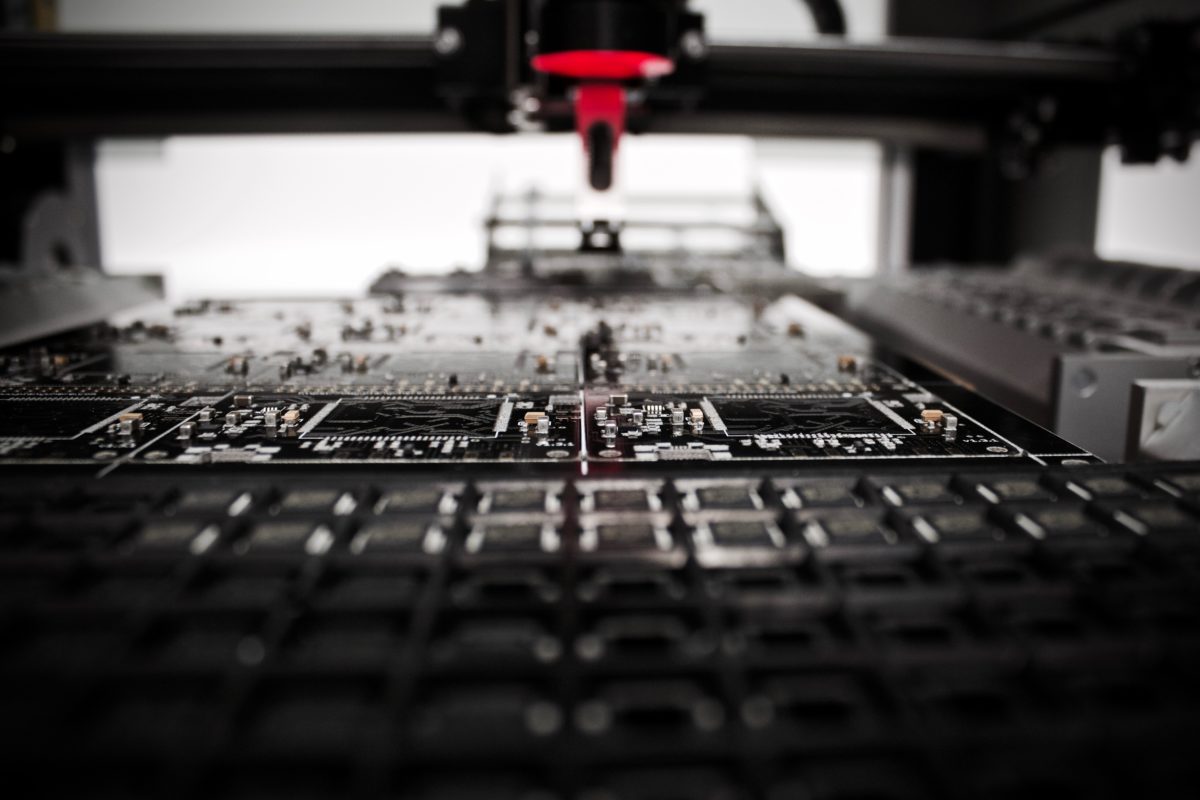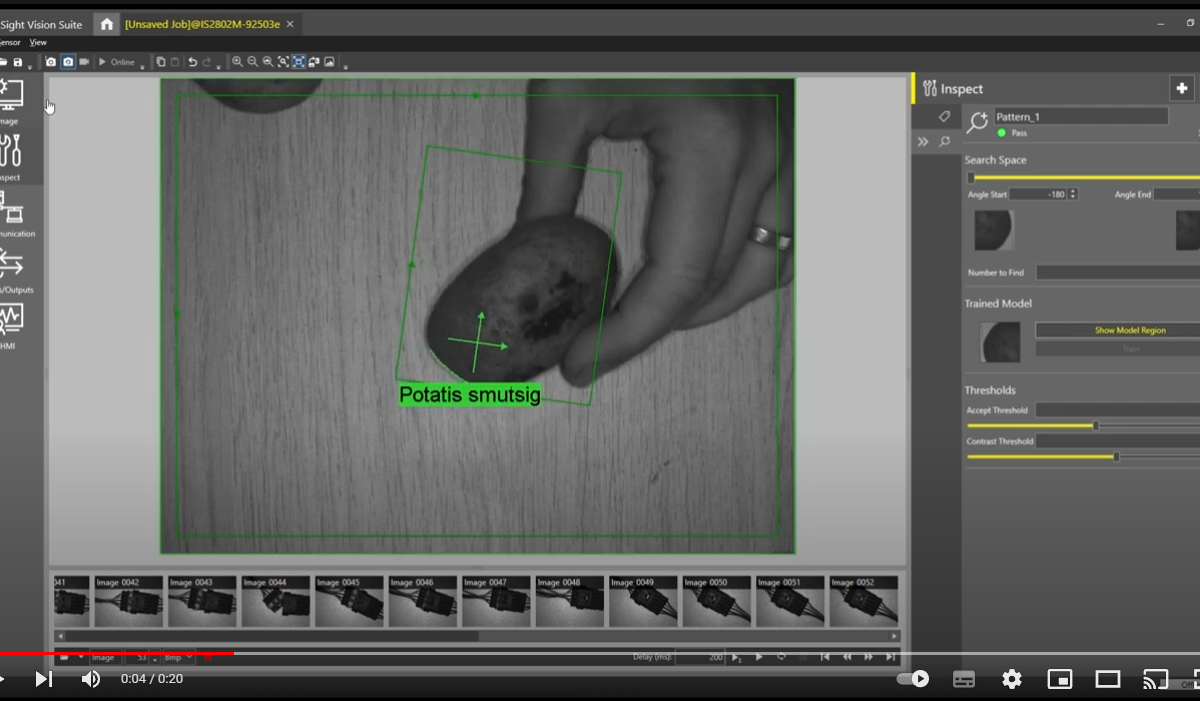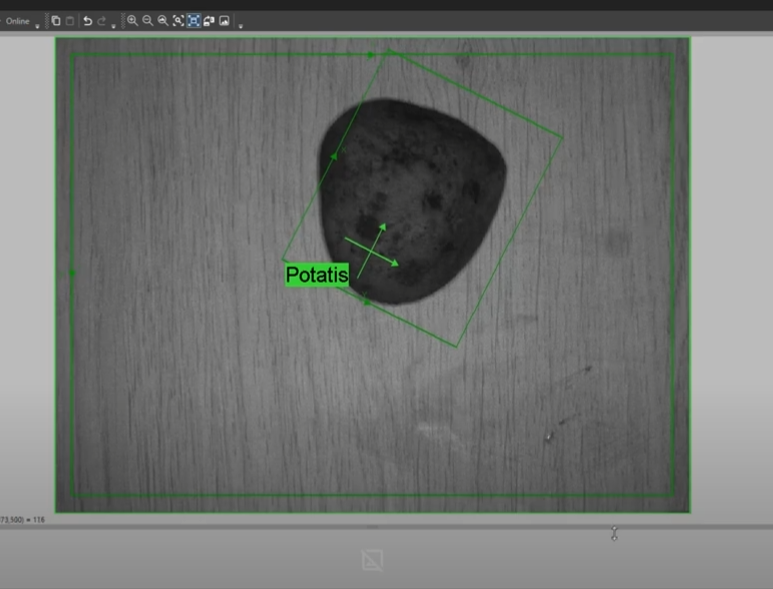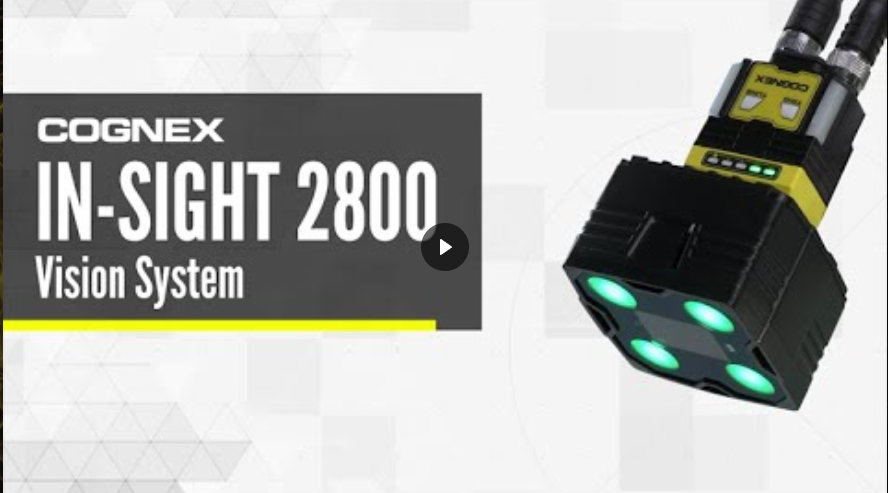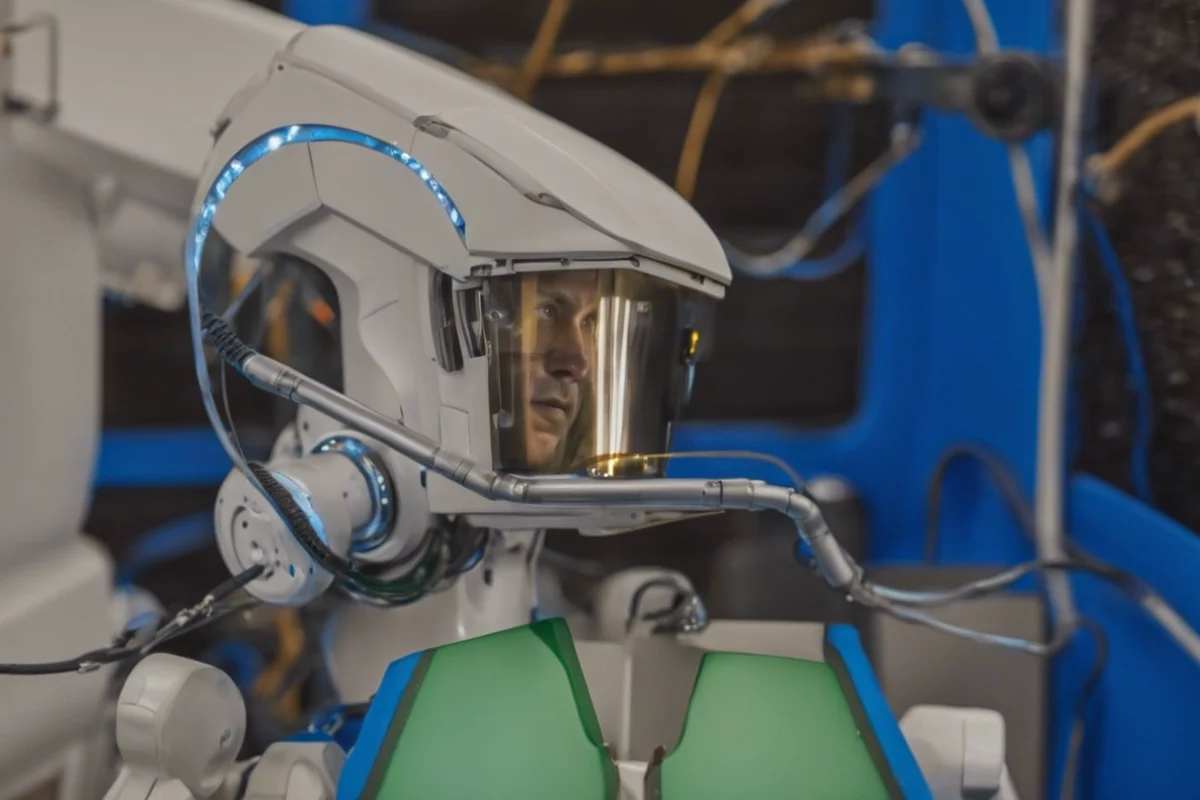Introduction
In the realm of industrial image analysis, Scorpion Vision Software sets the bar with its powerful suite of tools and functionalities. A standout feature within this platform is the extensive use of system handlers – event-driven hooks that allow developers to create custom responses to a wide array of events. In this post, we’ll explore some key system handlers and dive into practical examples of how they can be utilized to streamline processes and improve the interactivity of Scorpion applications.
Key System Handlers in Scorpion Vision Software
-
System.CameraError: Activated upon encountering any camera-related issues, this handler provides an opportunity to implement error logging or generate alerts to prompt user intervention, essential for maintaining uninterrupted operations.
-
System.ImageComplete: This event occurs after an image has been acquired and transferred, offering a perfect moment to initiate post-processing or validation routines on newly-captured images.
-
System.CameraCommand: Responds to specific commands issued by cameras or drivers, enabling dynamic adjustments to camera settings or the handling of custom hardware signals.
-
System.LoadTools/System.SaveTools: Invoked before loading or saving tool configurations, these handlers enable the integration with external systems to manage settings, paving the way for a seamless configuration version control.
-
System.ToolApply: Triggered when tool configurations are applied, this handler can validate changes or synchronize various system parameters accordingly.
-
System.QueryUserEvent: Engaged by user interactions with the application, it’s the gateway to customizing user experiences and enhancing interface responsiveness.
Practical Examples for Effective System Handler Implementation
Let’s walk through some scenarios where system handlers can greatly augment Scorpion Vision Software’s capabilities:
-
Detecting and Responding to Camera Disconnections (System.CameraError):
def handle_camera_error(eventInfo): # Immediate error logging log_camera_error(eventInfo.errorDetails) # User alert display show_notification("Camera Disconnection Detected", "Please check camera connectivity.") -
Post-image Acquisition Actions (System.ImageComplete):
def process_acquired_image(eventInfo): # Validate image quality if not image_quality_check(eventInfo.image): log_error("Image failed quality check.") return # Executing analysis analyze_captured_image(eventInfo.image) -
Toolbox Configuration Management (System.LoadTools/System.SaveTools):
def export_toolbox_settings(eventInfo): # Toolbox configuration saved externally external_config_manager.save_settings(eventInfo.toolboxConfiguration)def import_toolbox_settings(eventInfo): # Toolbox configuration imported from external source configuration = external_config_manager.load_settings() apply_configuration_to_toolbox(configuration) -
Validation of Tool Adjustments (System.ToolApply):
def confirm_tool_changes(eventInfo): # Ensuring acceptable parameter limits if not parameters_within_limits(eventInfo.newToolSettings): display_error_message("Invalid Tool Configuration") eventInfo.preventChanges() # Halt the application of the new settings -
Enhancing User Experience Through Interaction (System.QueryUserEvent):
def monitor_user_interaction(eventInfo): # Log user action type log_user_action(eventInfo.userInteraction) # Action response based on user input react_to_user_input(eventInfo.userInteraction)
The Impact of System Handlers
System handlers represent potent tools in Scorpion Vision Software that serve multiple purposes:
- Enhancing Automation: They pave the way for automatic responses to system or application state changes— streamlining workflows and reducing manual oversight.
- Data Validation: System handlers ensure the integrity of data and settings before critical operations proceed.
- Interactive User Experience: They aid in personalizing the software’s response to user actions, delivering a more intuitive user interface.
- Integration: Handlers enable seamless interaction with external systems, databases, or hardware—maintaining application alignment within a larger technology ecosystem.
In conclusion, system handlers empower Scorpion Vision users to build advanced, responsive, and adaptive automation environments. By utilizing these events, you can transform the way your application responds to user inputs, system states, and camera interactions, thereby enhancing efficiency and creating tailored vision solutions.
Explore More
For a deeper dive into Scorpion Vision’s system handlers and to learn how they can revolutionize your image processing workflow, visit our Technical Documentation or contact our support team for personalized assistance.
This post is designed to introduce the concept of system handlers and their practical uses within Scorpion Vision Software, formatted to be engaging and informative for a WordPress audience. By providing an overview followed by concrete examples, users will be able to understand and envision how they might implement these features in their own applications.


